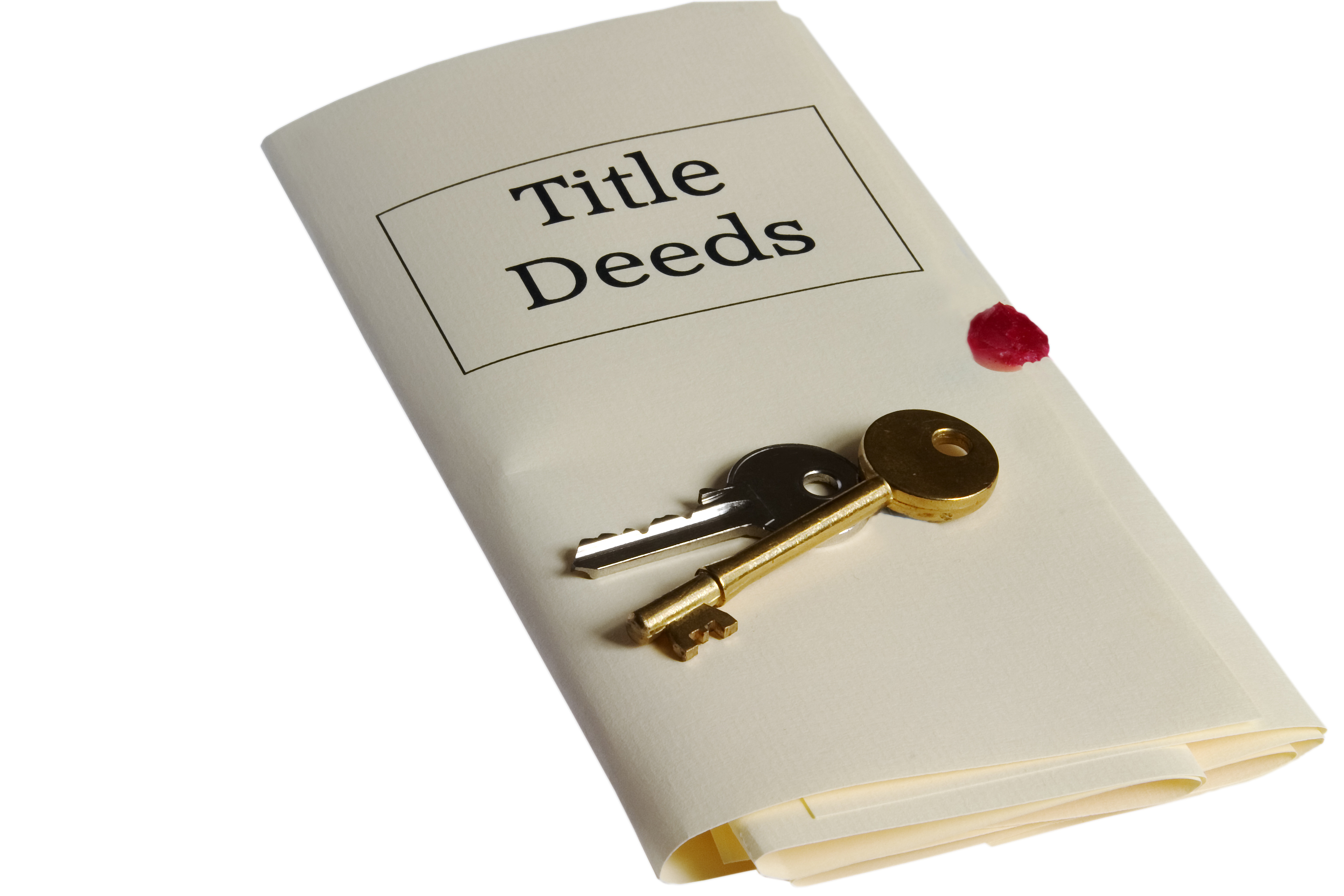


If you have looked in the close rolls (C 54) but could not find an entry, try other court of law records. You should end up with a document reference for example C 54/4 for the year 9 John 1207-1208. Once you find a likely entry you can convert the old reference given in the finding aids by searching our catalogue using the advanced search by regnal year within C54 or browsing C 54 by regnal year. Name indexes to grantors (sellers) – very fewĤ.3 What to do once I’ve located an entry in the finding aid? Name indexes to grantors (sellers) – Enrolment Office Name indexes to grantors (sellers) – Rolls Chapel Name indexes to grantees (buyers) and sometimes places – Rolls Chapel They are arranged by initial letter only (generally by the name of one party), so you may need to scan through several pages of entries.įor further arrangement of the rolls and how the finding aids work, look at the introductory notes in C 54 and C 275 paper version of the catalogue available at The National Archives. The number of finding aids in the table below will help you locate records in the close rolls in C 54. 4.2 How do I search for deeds in the close rolls (C54)? Use the original indexes in the Map and Large Document Reading Room to locate records in J 18.įrom 1850, the enrolment of deeds poll of change of name became frequent, and from 1930, little else was enrolled.

#LAND CONVEYANCE SERIES#
Private deeds continued to be enrolled on the Close Rolls until 1903, when the series of Close Rolls was replaced by the Supreme Court Enrolment Books in J 18.
#LAND CONVEYANCE REGISTRATION#
This requirement could be avoided by using other methods of land conveyance instead of bargain and sale.Īfter the Land Registry was set up in 1862, registration of deeds on the Close Rolls dwindled. The majority of enrolments of deeds at The National Archives before 1536 can be found in this series.įrom 1536, all conveyances of land by means of bargain and sale had by law to be enrolled by one of the law courts or by the local clerk of the peace. Enrolments in Chancery 13th century-c.1930 4.1 The recordsįrom the 13th century, the backs of the Chancery Close Rolls in C 54 were used to enroll private deeds, for a fee. They may contain details such as:īefore 1733, the records are likely to be in Latin and they can be legally complex. The information you may find varies depending on the type of record you consult. The registration of a title deed, either centrally or locally, was known as enrolment, because the information was recorded on rolls of parchment.Īfter 1535, conveyances of land by one particular method, known as bargain and sale, had to be enrolled either centrally, or locally at the quarter sessions. They could do this by using a fictitious legal dispute, or simply by paying a fee to have it enrolled among the records of the court. Many purchasers of land chose to try to register their title to the land with the courts of law, both central and local. Title is the means by which a person has legal possession of their property. Understanding title, enrolment and registration REX provides advice in all aspects of property law, commercial, industrial, residential and retail projects including advice relating to property development vehicles, strategies and implementation, lease agreements, sectional title developments, share block developments and fractional ownership, project-related advice, including leisure, hotels, construction, infrastructure, energy and mining projects and concessions, property rights, real estate funds, investment and facilities available to investors general property law relating to compliance with prevailing legal and regulatory regime regarding land issues, consumer protection, and use and rights applications, registration of mortgage bonds, restitution of land rights, transactional (immovable and movable property) and advice on structuring of specialist transactions such as natural resources project developments, way-leaves, and due diligence investigations concerning landed property and handling all procedures for registration of transfer of landed property in Tanzania.2.

REX has for many years advised clients in relation to property transactions which have become increasingly complex and advanced as a result of changes in legislation relating to ownership of property by foreigners or foreign owned companies.


 0 kommentar(er)
0 kommentar(er)
